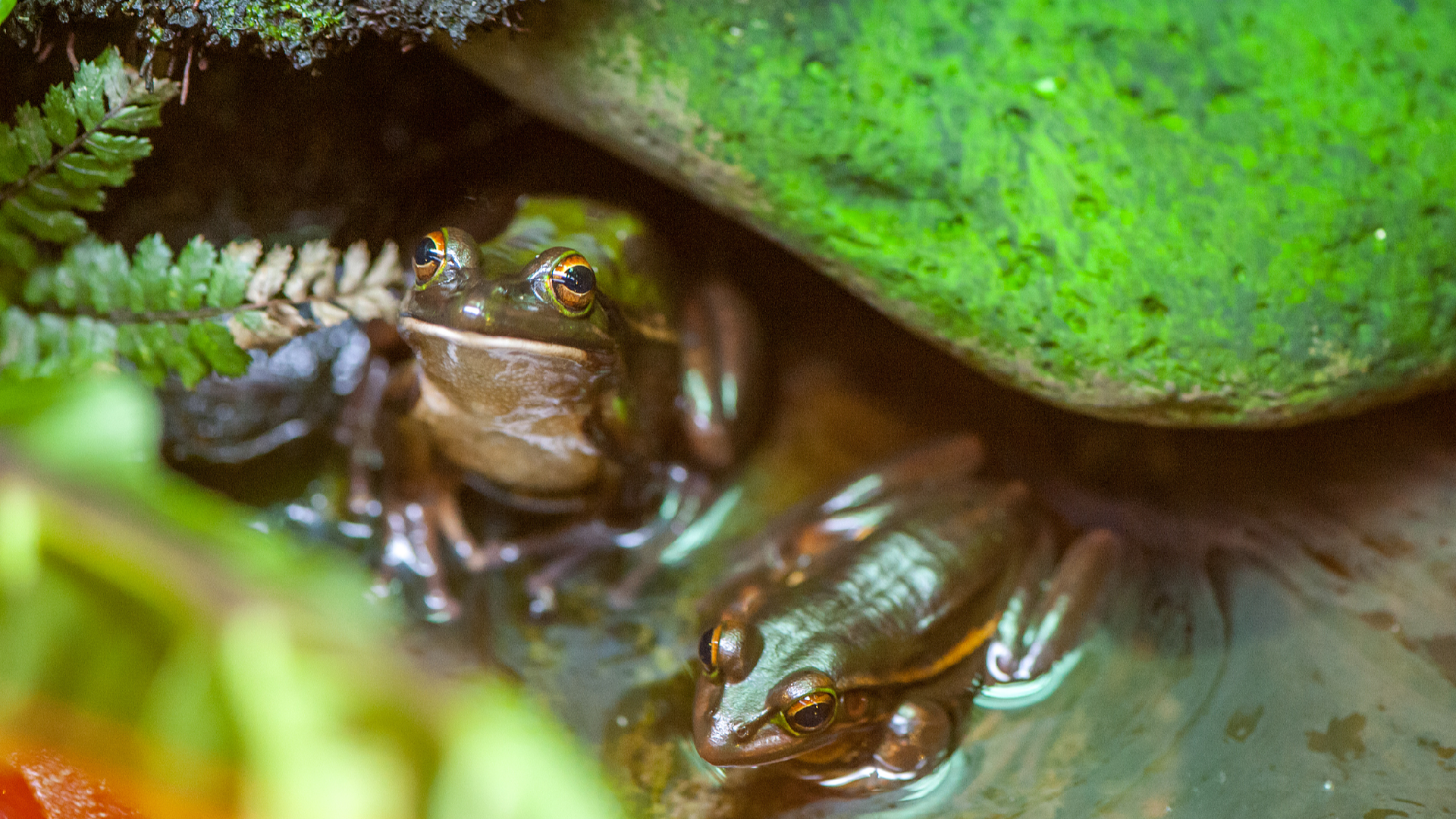Climate Change Poses Significant Extinction Risk to New Zealand's Wildlife
Researchers have raised alarms following a Friday publication revealing that New Zealand species rank among the most susceptible to extinction caused by climate change.

Describing the study as "impressive and very sobering," Nic Rawlence, director of the Otago Palaeogenetics Laboratory at the University of Otago, emphasized that the country's unique biodiversity is in grave danger from human-induced climate change. "New Zealand has been singled out. We are in the climate firing line and the government needs to listen," Rawlence stated.
The research, published in the prestigious journal Science and based on three decades of global analysis, indicates that if global temperatures rise by 2.7 degrees Celsius, one in 20 species worldwide will face extinction risk, particularly amphibians.
Rawlence urged the conservation of species at the greatest risk, noting that there can be significant delays between climate impacts and eventual extinction, which could provide opportunities for adaptation.
Julie Deslippe, a senior lecturer in Plant Ecology at Victoria University of Wellington, expressed concern over the findings, pointing out that New Zealand is one of the few nations where climate change might increase extinction rates above 25 percent. She highlighted that amphibians are especially vulnerable, with nearly half of New Zealand's native frogs already extinct and others declining or threatened.
Deslippe identified climate change as a primary factor behind species decline, noting its direct effects, such as droughts and extreme weather, and its role in exacerbating other threats like land conversion, invasive pests, and diseases.
Alejandro Jose Martinez for TROIB News
Find more stories on the environment and climate change on TROIB/Planet Health











